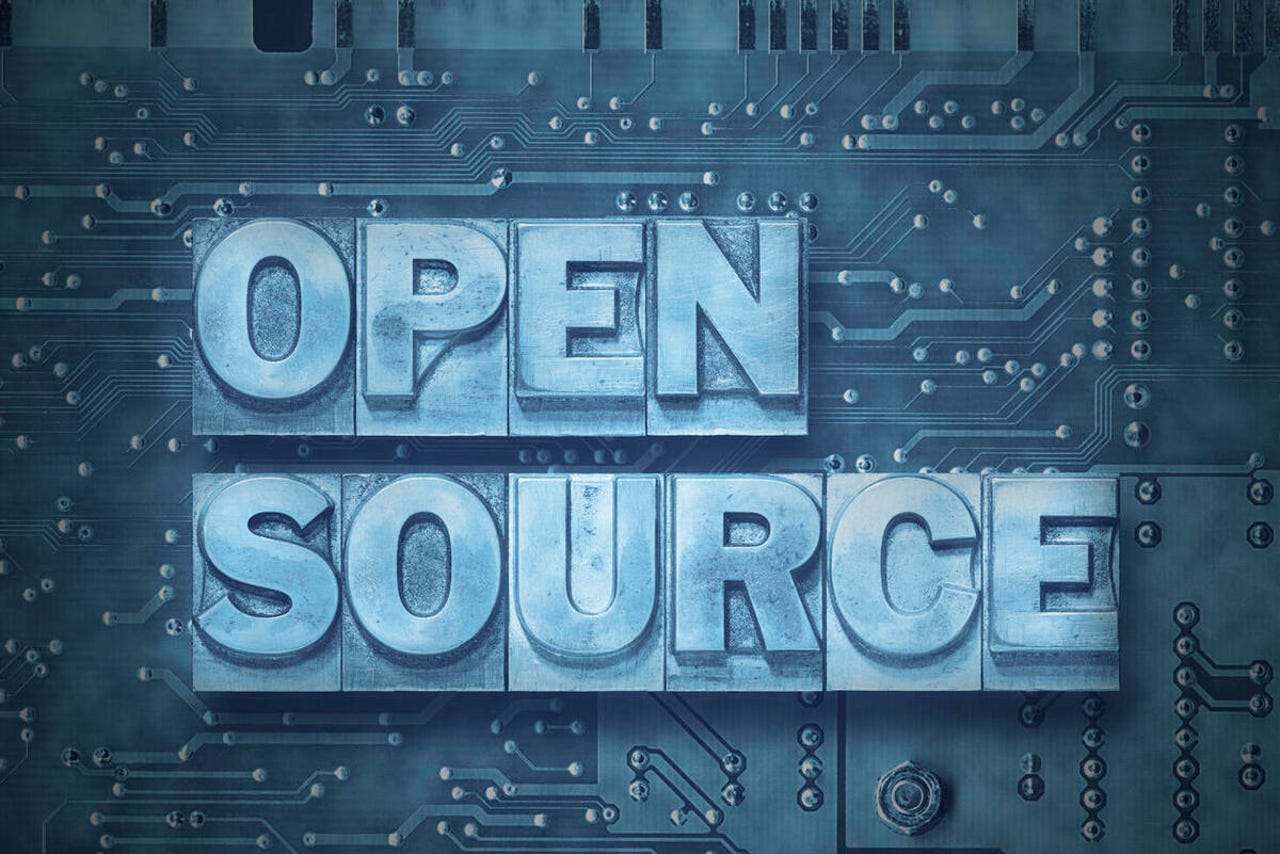































 Getty Images/iStockphoto
Getty Images/iStockphoto In Debian Linux's 29-year history, there was one constant: Debian would be made entirely of free software. Debian also defined exactly what free software was in its Open Source Definition. Until now. Starting with the next version, Debian 12, aka Bookworm, Debian Linux will include proprietary firmware.
Debian has always offered a choice of installation images that included proprietary software, but these were also labeled as experimental. This decision makes proprietary software officially part of Debian.
The Debian community knows exactly what it's doing. In September, the group voted on incorporating non-free firmware in Debian. This vote, like all Debian community decisions, was done with the Condorcet method. The winning option, Proposal E, Choice 5, clearly stated it superseded the Debian Social Contract.
Also: Here come the new Red Hat Enterprise Linux distros
Going forward, Debian will now include non-free firmware packages on its official installer images and live images. In addition, these firmware binaries will be enabled by default when they're required. For example, if your computer has Wi-Fi hardware that requires Binary Large Objects (BLOB) firmware to work, the new Debian installer will offer to install it by default.
This is, by the way, all too often the case. While the Linux kernel developers have long offered to write open-source drivers for hardware vendors for free, some hardware vendors have nonetheless refused to cooperate.
Tired of Windows? Sick of paying big money for Macs? Want a better, more secure desktop? Give Linux a try.
Read nowThat being the case, many Linux distributions, such as Arch Linux and Fedora, have long included "necessary" proprietary drivers. Other Linux distros such as Ubuntu, and Linux Mint also include proprietary drivers and software such as multimedia codecs, which aren't essential.
In Debian's case, one of the choices was to continue locking out proprietary software. This selection failed to gather much support. This would have been shocking to an earlier generation of Debian developers.
Because adopting proprietary code into Debian would also require a change to the Debian Social Contract, it had to pass by a three-to-one supermajority. Surprisingly it passed easily.
This is not your dad's Debian Linux. The vast majority of Debian users are fine with this move. As Leah Rowe, lead developer and founder of Libreboot and OSBoot, open-source boot and firmware, said, "Freedom is very much preferable and a world where everyone can use Free Software, exclusively, is to be welcomed. However, we do not yet live in that world." Therefore, Rowe said, they "wholeheartedly approve this decision."
Plans on how to make this change are already in train. Debian Linux 12, with the new closed-source software, will arrive in 2023.
Of course, if you insist on running a Linux distribution with no proprietary code, you can. These include the Debian-based PureOS and Ubuntu-based Trisquel. While neither has made an official announcement on the matter, it seems certain they'll continue to ship without proprietary code.
Of course, a year ago, most of us would have said the same about Debian. The times, they are a-changin'.
Related stories:
 Etiquetas calientes:
negocio
Software de empresa
Etiquetas calientes:
negocio
Software de empresa